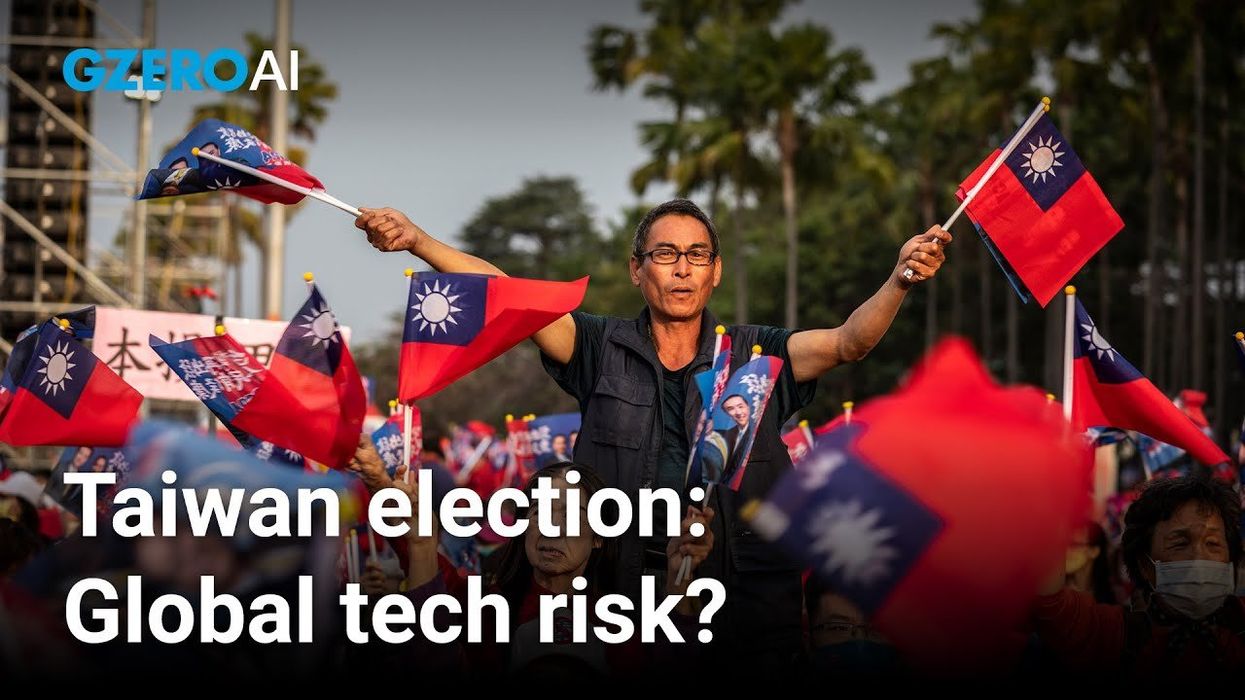GZERO AI
The Taiwan election and its AI implications
Taylor Owen, professor at the Max Bell School of Public Policy at McGill University and director of its Centre for Media, Technology & Democracy, looks at the first election in Taiwan and the implications it could have for the future of technology, including AI in our new video series GZERO AI.
Jan 09, 2024

